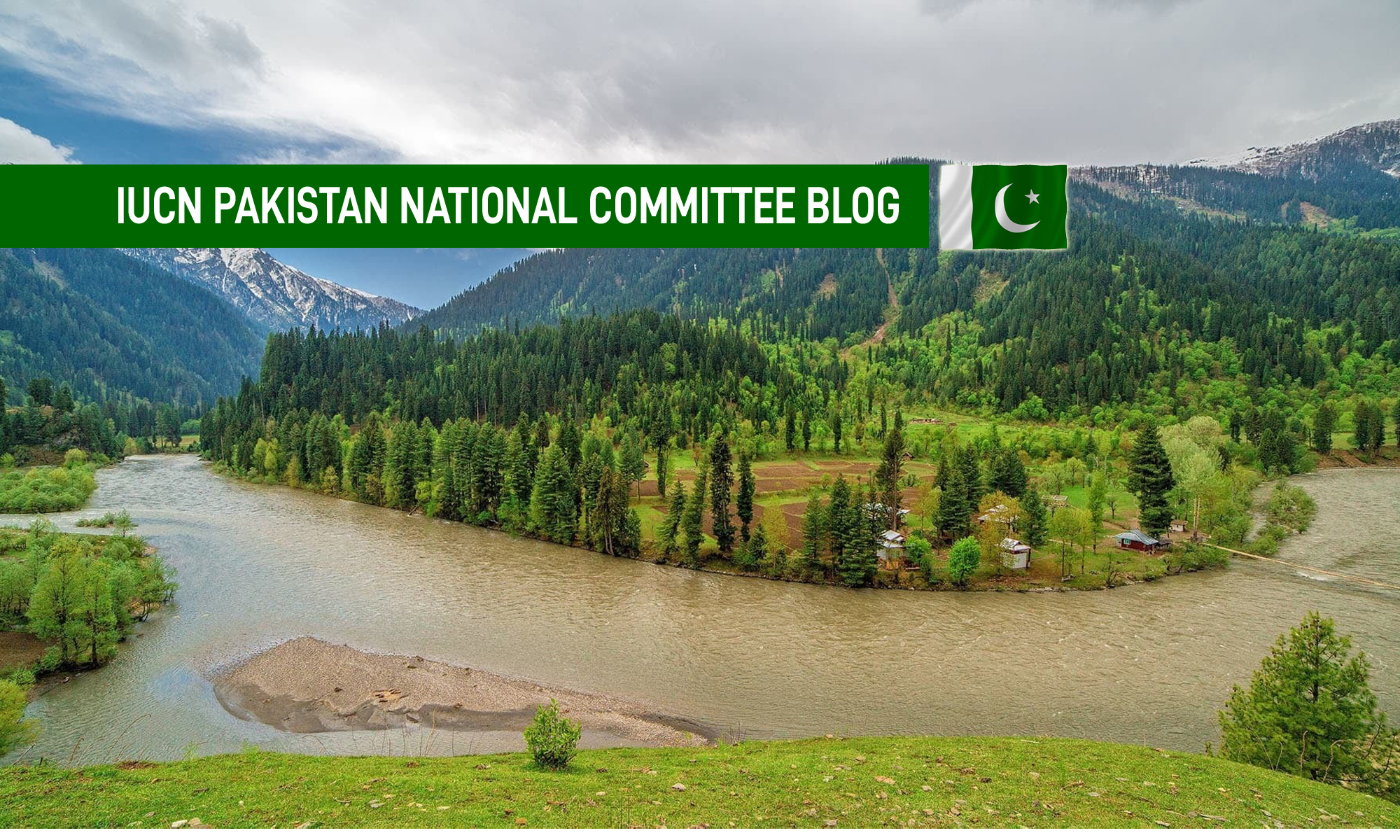Draft Motion
Legally Binding Global Mercury Treaty to Protect Wildlife, Ecosystems and Health
RECOGNIZING IUCN helps the world find pragmatic solutions to our most pressing environment and development challenges.
AWARE of the scientific evidence, including UNEP Global Mercury Assessments finalized in December, 2002, that
- the global scale and severity of toxic mercury contaminations of life forms and ecosystems, in all region of the planet
- a toxic substance of global concern, mercury causes significant harm to wildlife, ecosystems and human health in general and to some populations in particular, most notably fetus and young children are specially susceptible.
- mercury is a major threat to fish, an all important and valuable nutritious component of human diet
APPRECIAITING the concerns and on-going initiatives & efforts of UNEP, towards phasing out of toxic chemicals leading to their elimination and special attention given to hazardous pollutant mercury.
NOTING that
- mercury has been at the UNEP Governing Council (GC) agenda since its 21st session in February, 2001
- between February, 2001 – October, 2008, some milestones regarding mercury issue have been reached through GC decisions 23/9 (February, 2005) and 24/3 (November, 2007), acknowledging mercury as a global problem, declaring current efforts not sufficient, realizing a need for further long-term action and setting up process towards a global framework.
- February 2009 UNEP GC decision 25/5 to develop a global treaty on mercury, launching discussion towards development of the same, forming an Intergovernmental Negotiating Committee (INC) to meet five times before the treaty text would be agreed by 2013
- INC has already met three times and further discussion are to be continued on a revised version of the draft text of the comprehensive and suitable approach to a global legally binding instrument on mercury set out in document UNEP (DTIE)/Hg.INC.3/3
DEEPLY CONCERNED that weak measures on important treaty elements may not affect the rising trend in mercury level, thus failing to protect wildlife, ecosystem and human health;
The World Conservation Congress at its 6th Session in Jejo, Republic of Korea, 6 – 15 September 2012:
- CALLS on all states representatives of INC to support:
- a legally binding global instrument with an objective to protect wildlife, ecosystems and human health from mercury, recognizing, particularly the vulnerable populations.
- effective measures to reduce and eliminate mercury use
- a mandatory National Implementation Plan (NIP) for ensuring effective realization of the treaty and civil society and other stakeholders active role in the development and implementation of the same.
- earliest possible development of the treaty , with effective and enforceable treaty compliance provisions.
- REQUEST the Director General to work with the IUCN Commissions and memberships networks for the promotion of enhanced awareness regarding adverse health effects of mercury exposure and protection from the same
For any clarification, please contact:
Dr. Mahmood A. Khwaja, Senior Adviser, Chemicals and Sustainable Industrial Development, sustainable Development Policy Institute (SDPI) , Islamabad. Pakistan
Hello: 0092 51 2278134 & 36; Fax: 0092 51 2278135
m.a.khwaja@gmail.com; khwaja@sdpi.org
www. Sdpi.org; www.sdpi.tv
May 1st, 2012
“Note for Members: Kindly note that as per the legal requirement the motion has to be endorsed by 5 other member organizations in good standing.” As soon as the number of supporting organizations is complete, it will be upload on the WCC Motions’ blog.









